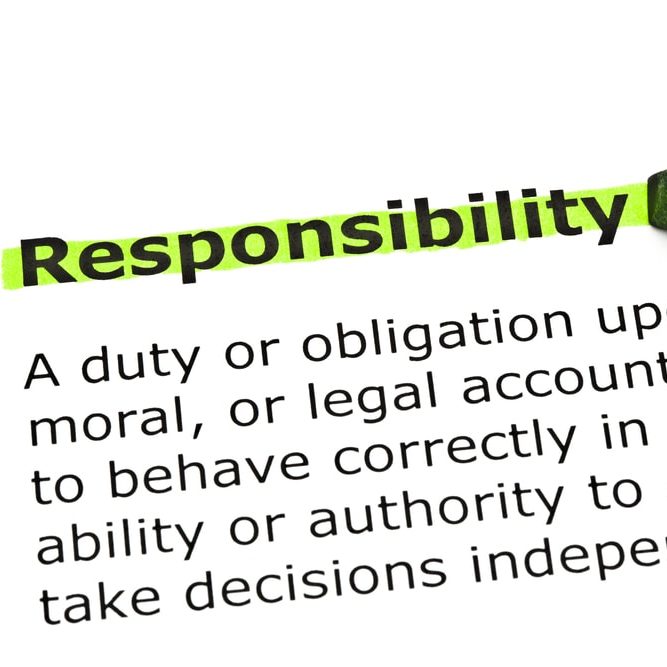What is the Standard?
Terms and definitions

Here we define some of the terms commonly used within the field of safer gambling and on this site.
Assessor: A GamCare staff member who is specially trained to assess gambling businesses against the Safer Gambling Standard.
Assurance Statement: A document completed by the largest gambling businesses licensed by the Gambling Commission to show how they are performing against the licensing objectives regulated by the Commission.
At risk gamblers: People who are at higher risk of experiencing negative effects due to their gambling behaviour.
Customer: Person or organisation that could or does receive a product or a service that is intended for or required by this person or organisation.
Customer identification and interaction: How a business identifies individuals who may be experiencing, or at risk of developing, problems with their gambling, and how they interact with them to offer help or support.
Gambling Commission: The Gambling Commission, sometimes referred to as the UK Gambling Commission, is an executive non-departmental public body of the Government of the United Kingdom responsible for regulating gambling and supervising gaming law in Great Britain (excluding Northern Ireland). Its remit covers arcades, betting, bingo, casinos, slot machines and lotteries, as well as remote gambling, but not spread betting.
Gambling business: An organisation which provides gambling products or services to a customer. A gambling business may be a group or a company within a group. There are two main types of gambling business:
- Business-to-Consumer (B2C) – also commonly referred to as a gambling operator
- Business-to-Business (B2B) – which supplies products and services to B2C gambling operators
Some businesses are both B2C and B2B as they provide products and services to other businesses as well as directly to consumers.
Gambling-related harm: Adverse impacts from gambling on the health and well-being of individuals, families, communities and society.
Gross Gambling Yield (GGY): Profit generated by a gambling business within a specified time period. This is broadly calculated as the amount staked by customers, plus any other amounts accrued by the business in relation to the gambling products and services they offer, minus the amount of any winnings or prizes paid out by the business during that period.
Land-based gambling business: A business who offers gambling products or services to a customer in a physical location.
Loyalty or bonus scheme: A scheme set up by a gambling business which involves some sort of discount, offer or benefit to a customer.
Motivational Interviewing: A collaborative, goal-oriented style and approach to service users with particular attention to the language of change. Drawing on the ‘stages of change’ model, it is designed to strengthen a person’s motivation for, and commitment to, addressing harmful gambling behaviour (usually referred to as the cycle of change) by promoting and exploring the person’s own reasons for change within an atmosphere of acceptance and compassion.
Online gambling business: A business who offers gambling products or services to a customer online. These businesses are also referred to as ‘remote gambling businesses’.
Player protection tools: These are tools used by gambling businesses to encourage responsible play, as well as to help customers control or limit their gambling. Examples include warnings on gambling machines or sites to let players know how much time and money they have spent so far, as well as the option to set a limit for themselves or to take a time out. Self-exclusion is also a player protection tool.
Policy: Overall intention and direction of an organisation formally expressed in writing.
Problem gambling: ‘Problem gambling’ is gambling which compromises, disrupts or damages family, employment, personal or recreational pursuits. This typically manifests over a spectrum from moderate to severe.
Procedure: Authorised specified way to carry out an activity or process for an organisation as set out in writing.
Safer gambling: The gambling industry’s approach to protecting players from the adverse consequences of gambling. Also commonly referred to in the gambling industry as ‘responsible gambling’ or ‘social responsibility’.
Self-exclusion: Facility for those that have decided that they wish to stop gambling for at least six months and wish to be supported in their decision.
Social responsibility: An ethical framework for businesses but also used specifically in the gambling sector as an alternative to safer gambling.
Young adult: Any customer in the age group of between 18 and 21 years (or 16 and 21 years for lotteries where those between 16 and 18 years are permitted to play lotteries).


Player protection tools explained
Read about the psychology behind new safer gambling tools designed to protect players from gambling harm.

